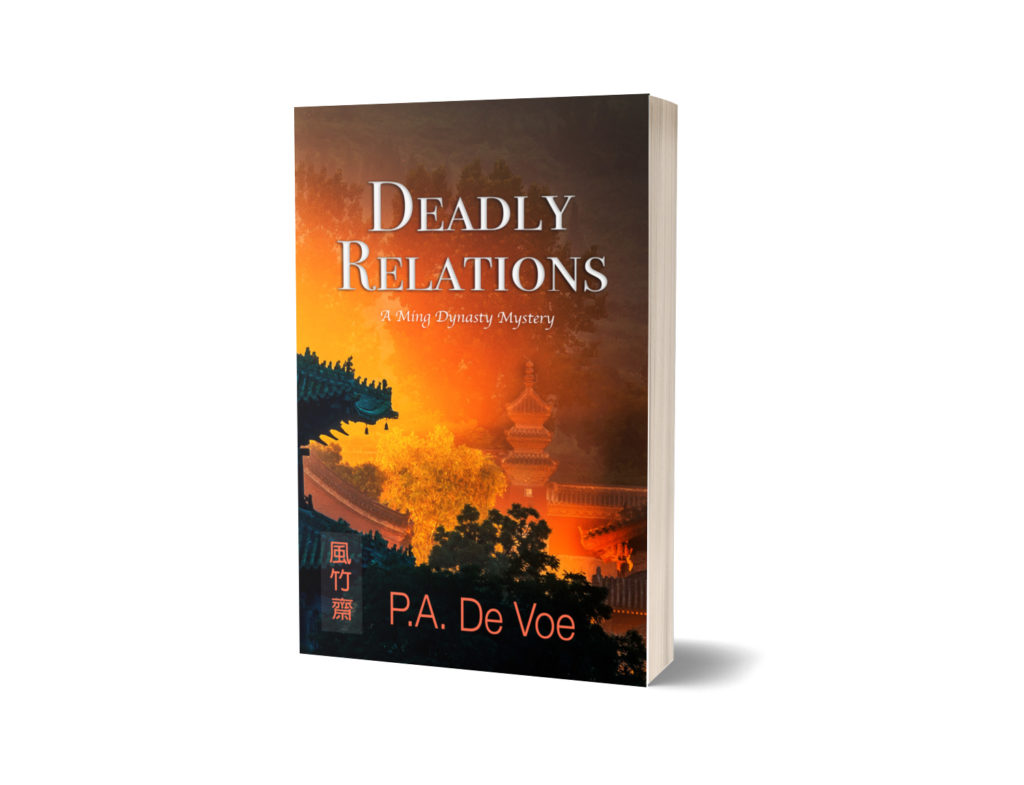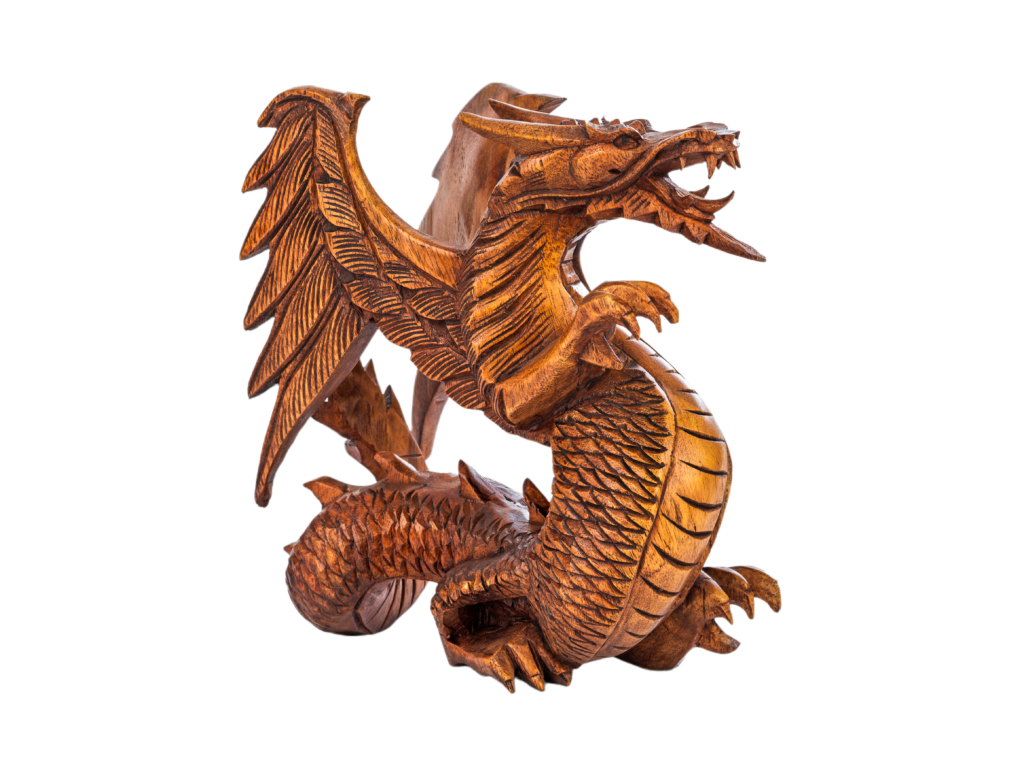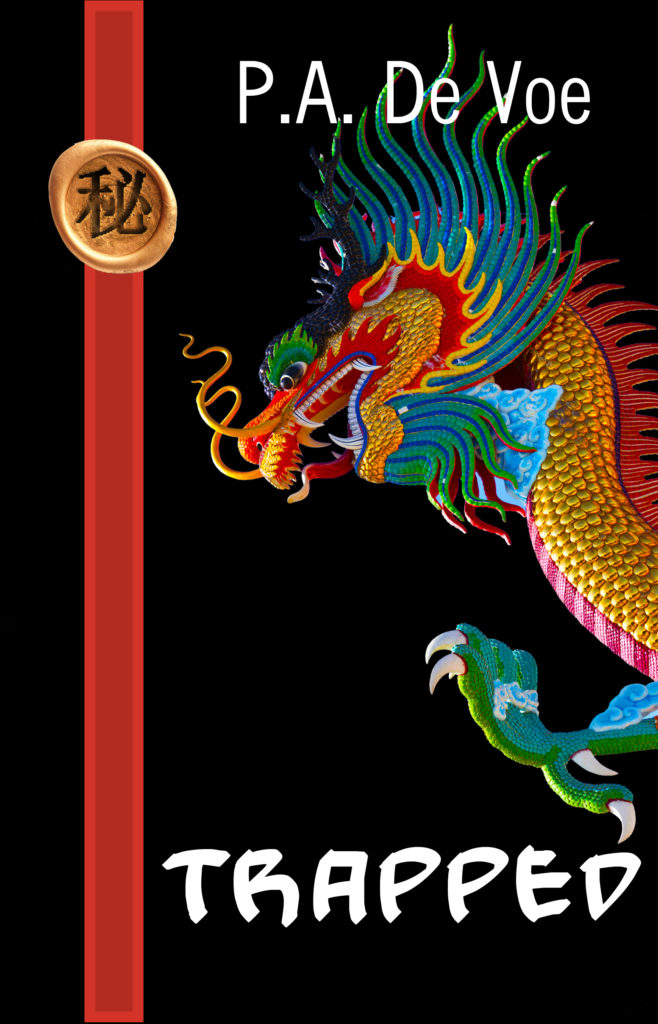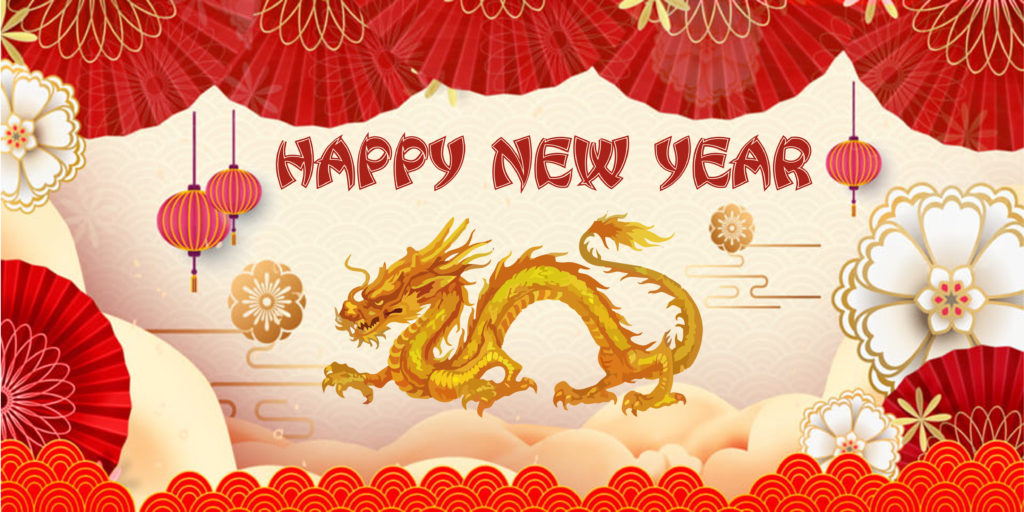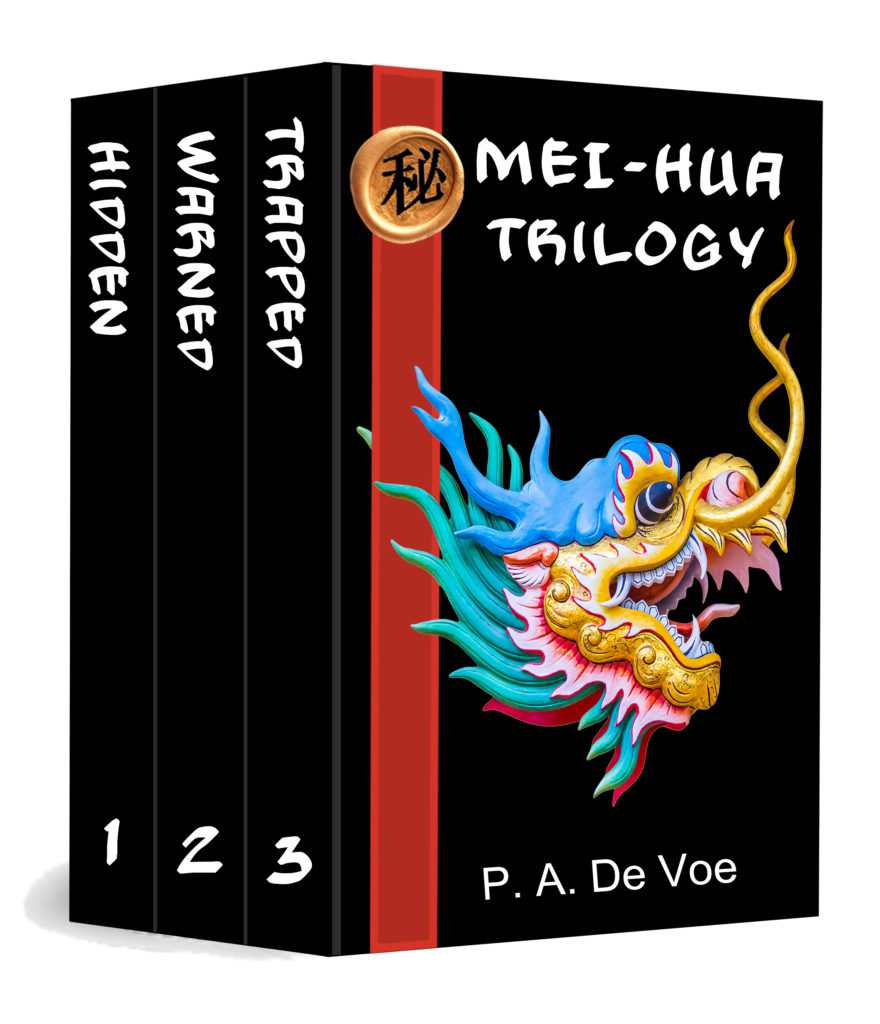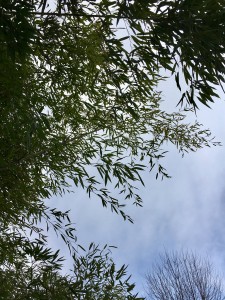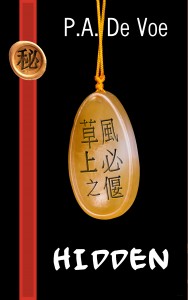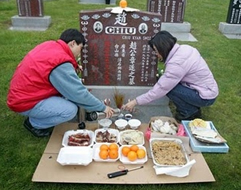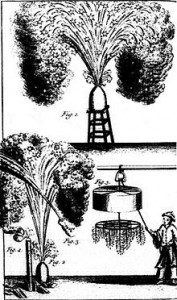Midwives–Grannies
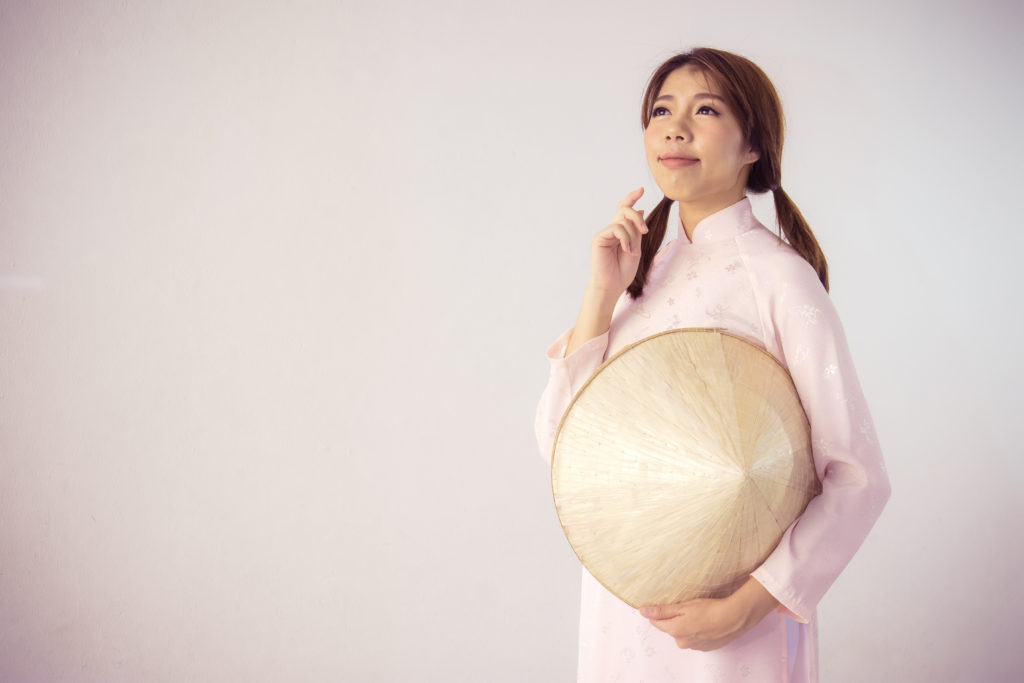
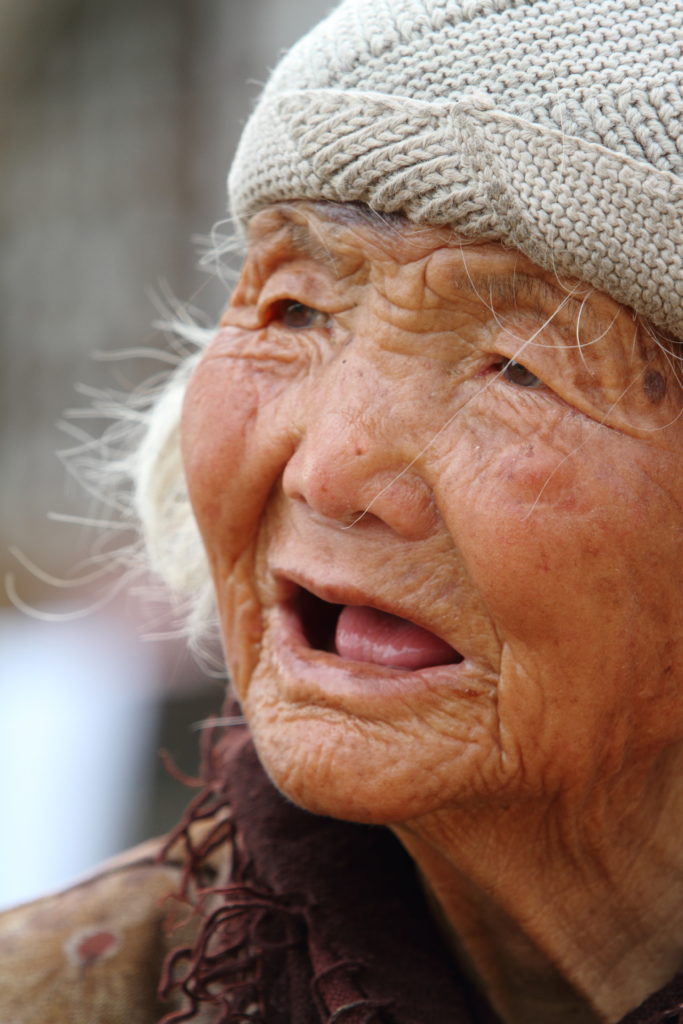
While there was some variation over the centuries, Imperial China was largely a highly gendered, patriarchal society. The lives of men and women were kept separate as much as possible. While families and friends could get together now and then, by and large, mixing was discouraged. Including in the area of medicine.
This meant that such medical needs as childbirth, fell to other women. The latter specialists, midwives, took care of pregnant women and delivered their babies. However, they didn’t receive formal training and were often illiterate. They learned their skills through experience, through on-the-job training. Those who were successful in their deliveries were sought after; those who failed to save a baby or its mother, were not.
If there was a complication the midwife failed to handle successfully, she may even be considered bad luck to have in a delivery room in the future. So, being a midwife required her producing safe pregnancies. If she did this, she earned a good reputation and respect.
One way such practitioners were shown respect was by calling them Granny (po), Old Granny (lao po), Old Elder Sister (lao jie), Old Lady (lao niang), Old Mom (lao ma), and Old Auntie (lao sou).* The use of the word “Old” didn’t refer to their actual, chronical age but to their status. Traditionally, all older people deserved deference and esteem because of the wisdom they accumulated through a long life. Therefore, using the appellation Old was a way of honoring them, of showing them respect.
However, they were not always seen in a positive light. Because midwife grannies were able to travel about on their own and to go to any woman’s home—no matter what that patient’s family’s social position was—they were also considered dangerous. Dangerous to the family and to the over-all society.
This fear of the grannies’ power lay in their independence. As unrestrained women they could infiltrate a family, learn its secrets, and cause disruption in the its order and harmony. The men of the family often saw these grannies as outsiders who had too much access to their patriarchal family’s women. And, therefore, it was risky to allow them to become intimates to the family’s women.
Thus, we see that granny midwives had an essential, yet complicated, position throughout Chinese history.
If you have any stories about granny midwives, I’d love to hear them.
*An excellent book on women in China is Dangerous Women, Warriors, Grannies and Geishas of the Ming by Victoria Cass, Rowman & Littlefield Publishers, Inc. Boulder. 1999.
** pictures from depositphotos.com
